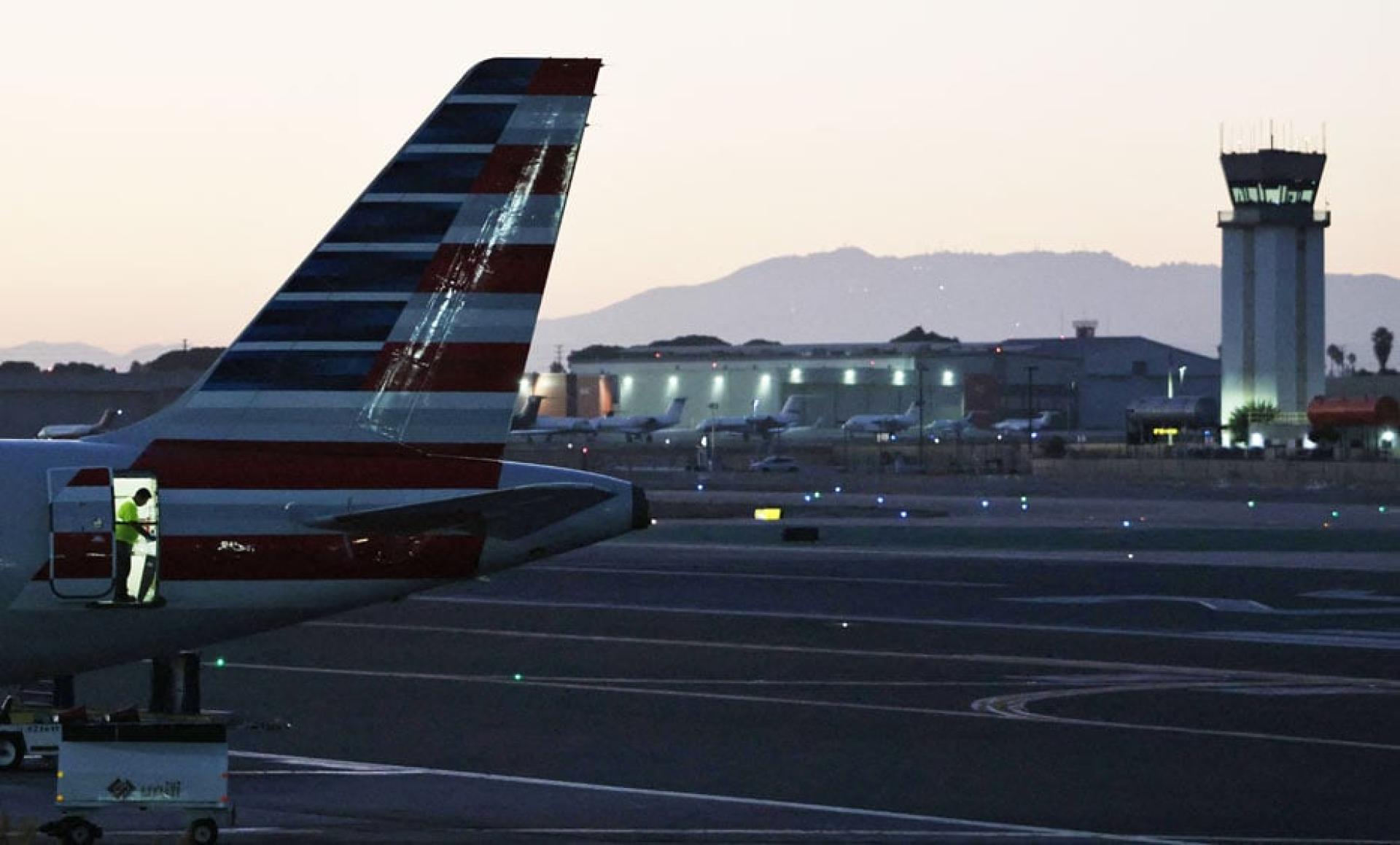The effects of the U.S. government "shutdown" are gradually becoming apparent, as delays have occurred at Denver International Airport and Newark Liberty International Airport due to a shortage of air traffic controllers.
The U.S. Federal Aviation Administration (FAA) stated on the 6th that staffing issues have led to flight delays at several airports, including Newark and Denver.
The FAA noted that problems with air traffic controllers are affecting flights at numerous airports including Newark, Phoenix, Denver, Las Vegas, and Burbank.
Additionally, U.S. Secretary of Transportation Duffy said there has been a "slight increase" in the number of air traffic controllers calling in sick. Since the government "shutdown" last week, the number of air traffic controllers in some areas has fallen by 50%.
He also pointed out that a program subsidizing flights in rural areas will run out of funds on the 12th.
About 13,000 air traffic controllers and around 50,000 Transportation Security Administration (TSA) employees are required to continue working during the government "shutdown" and are expected not to receive their paychecks on the October 14th payday.
According to flight tracking website FlightAware, more than 400 flights in the U.S. were delayed on the 6th, with Denver Airport accounting for 29%, Newark Airport 19%, and Las Vegas Airport 15%. Weather has also affected some flights.
Fifth Senate Vote Fails, Stalemate Continues
The U.S. Senate held its fifth vote on the 6th, aiming to restart the government, but bipartisan proposals failed again.
On that day, Senate Republicans proposed an extension of funding, but it was rejected by a vote of 52 in favor and 42 against, falling short of the 60 votes needed to move the bill forward. Among the 45 Democratic senators, only three voted in favor, with the rest opposed.
Republicans also voted against the Democrats' proposal, which would have linked short-term government funding and the extension of expiring medical subsidies with restoring part of the Republicans' hallmark tax cut law’s Medicaid reductions. The vote was 45 to 50, divided along party lines. No senators changed their votes, reflecting a serious deadlock in the Senate.
